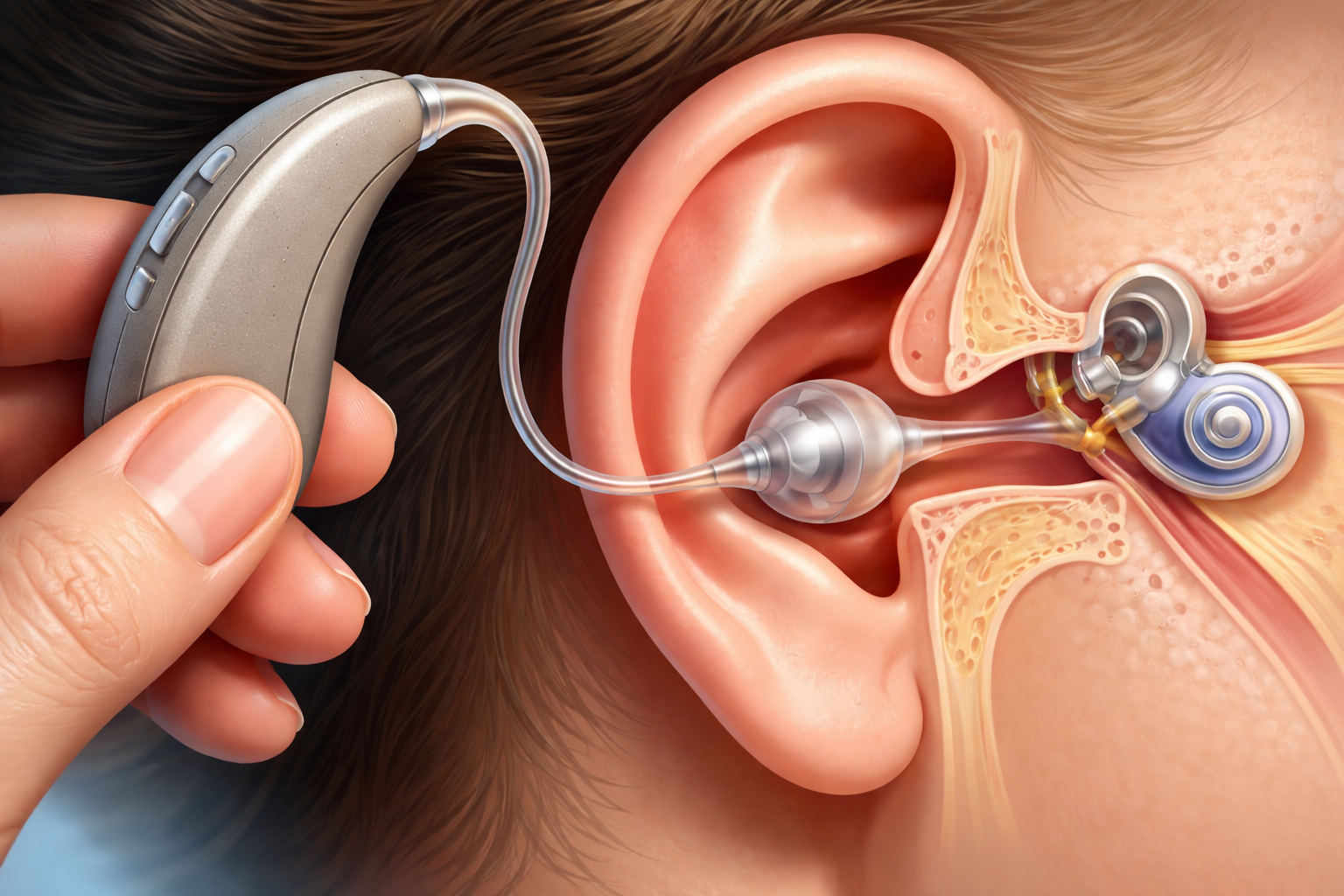Hearing loss is a common condition that affects millions of people globally, often making communication difficult and leading to social isolation. With advancements in hearing technology, individuals now have access to more effective solutions that significantly improve their listening experience. One such solution is digital hearing aids, which offer a range of benefits, from enhanced sound clarity to improved overall hearing health. In this post, we will delve into how these devices work, their advantages, and why they are a key tool for those with hearing loss.
What Are Digital Hearing Aids?
Digital hearing aids are sophisticated devices that amplify sound in a way that mimics natural hearing. They work by converting sound waves into digital signals, which are then processed and delivered to the user. Unlike traditional hearing aids, which simply amplify all sounds, these devices allow for the filtering of unwanted noise while enhancing speech clarity. This results in a more natural and clearer hearing experience.
The technology behind digital hearing aids enables users to adjust the sound output according to their individual needs, making them highly effective in various environments, including noisy places like restaurants or public spaces.
How Do Digital Hearing Aids Improve Sound Quality?
- Enhanced Clarity of Speech
One of the most significant benefits of digital hearing aids is their ability to enhance speech understanding. These devices use advanced algorithms to isolate speech from background noise, making it easier for users to follow conversations even in noisy settings. This is especially beneficial for individuals who struggle with hearing speech in crowded or bustling environments. - Noise Reduction
Digital hearing aids feature noise reduction technology, which helps minimize ambient sounds, such as traffic or chatter. By reducing distractions, these devices allow users to focus on the sounds that matter most, such as a conversation or a specific sound in the environment, improving overall hearing quality. - Customized Sound Settings
Digital hearing aids are highly customizable, meaning they can be adjusted based on the user’s specific hearing needs. Audiologists or hearing specialists can fine-tune the device to amplify certain frequencies or adjust the volume based on the wearer’s environment, ensuring that users receive optimal hearing support in every situation.
The Role of Digital Hearing Aids in Improving Hearing Health
Beyond just improving sound quality, digital hearing aids offer significant health benefits for individuals with hearing loss:
- Improved Communication
Hearing aids help individuals engage more fully in conversations, whether with family, friends, or colleagues. This improved communication can lead to stronger social connections and a reduction in the feelings of isolation that often accompany untreated hearing loss. - Reduced Cognitive Decline
Untreated hearing loss can contribute to cognitive decline, as the brain works harder to process sounds. By restoring hearing, digital hearing aids can reduce this strain, potentially lowering the risk of cognitive issues like dementia. - Better Quality of Life
With improved hearing, users can enjoy a higher quality of life. They are able to participate more actively in daily activities, from watching television to attending social events, without the frustration of missing out on important sounds.
Implantable Hearing Aids and Cochlear Implants
For individuals with severe hearing loss, digital hearing aids may not always provide the desired results. In such cases, implantable hearing aids or cochlear implants may be more suitable options. Bypassing damaged ear tissue, implantable hearing aids stimulate the auditory nerve directly after being surgically inserted into the ear.
Those with severe hearing loss who are unable to benefit from conventional hearing aids are the target audience for cochlear implants. By directly stimulating the auditory nerve, these gadgets help people regain their capacity to sense sound. Cochlear implant surgery is a more invasive procedure compared to hearing aids, but it can significantly improve hearing in individuals with severe impairments.
FAQs About Digital Hearing Aids
Q1: Who can benefit from digital hearing aids?
A: Digital hearing aids are ideal for individuals with mild to moderate hearing loss. They are designed to improve speech understanding and enhance sound clarity, especially in noisy environments.
Q2: Can I find digital hearing aids in Ropar?
A: Yes, Dr. Ram ENT Hospital provides expert consultations and fitting services for digital hearing aids in Ropar. Our professionals can help you choose the right device based on your hearing needs.
Q3: How do digital hearing aids compare to cochlear implants?
A: Cochlear implants are usually advised for people with severe hearing loss, whereas digital aids are appropriate for those with mild to moderate hearing loss. Cochlear implants involve surgery and provide a more direct solution for profound hearing impairment.
Q4: How long do digital hearing aids last?
A: With proper maintenance, digital hearing aids can last between 5 and 7 years. Regular cleaning and battery replacements are essential to ensuring their longevity.
Conclusion
Digital hearing aids have revolutionized the way individuals with hearing loss experience the world of sound. Offering superior sound quality, customization options, and a range of health benefits, they are a valuable tool for enhancing communication and overall well-being. Whether you are dealing with mild hearing loss or seeking an upgrade from traditional devices, digital hearing aids provide an effective and comfortable solution. For those in Ropar and surrounding areas, Dr. Ram ENT Hospital is here to help with personalized hearing solutions and expert guidance.



